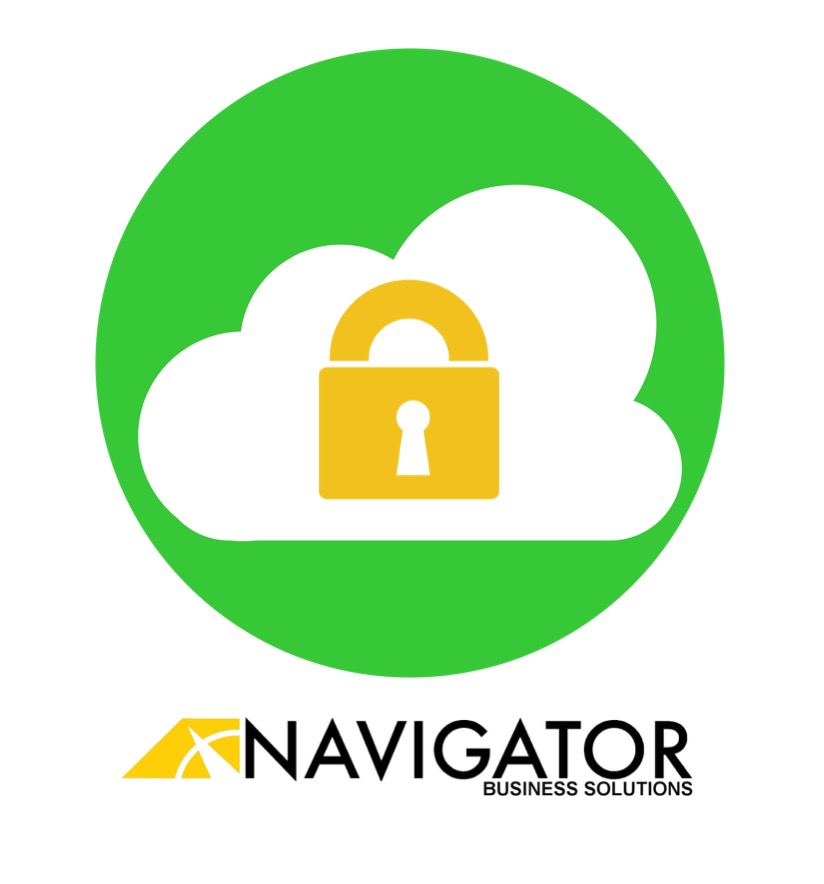
Is ERP in the cloud secure?
As more and more companies make the switch to cloud-based ERP platforms, one of the ongoing concerns is the security of critical enterprise information. It’s been a long-standing misconception that this technology solution requires companies to somewhat loosen their control of important data. While on-demand convenience elements of cloud-based platforms remain attractive, many businesses are focused on the perception of a weaker grasp on vital data. But are those concerns well founded?
In a day and age where viruses, data theft, and hackers are regular topics within business publications, making the jump to the cloud can be a nerve-wracking proposition. The thought alone of compromising intellectual property, customer information, employee records, sales figures, and other imperative financials, could keep any CEO up for days.
Upgrades in Industry Security Standards
The truth is that industry security standards are evolving rapidly and cloud-based ERP providers have invested millions of dollars to ensure information management processes are at top levels. The good news is that the information is on lockdown 24/7 in an encrypted state. Still, the responsibility rests heavily on the shoulders of IT security managers to evaluate the effectiveness of an ERP solution that meets their continuity requirements and level of expectation for security issues.
Some security-focused questions to ask a solution provider when considering the risk vs. reward of cloud-based ERP are as follows:
- What types of encryption does the solution provider use?
- What measures are in place during data transfers?
- What process is in place to guarantee protection if there is a security breach?
- What are the security specifics of the backup data centers?
One notable positive is the ability that cloud-based ERP provides in disaster recovery scenarios. Such issues as fires, floods, storms, and earthquakes are heavily mitigated due to secure data backups and secured backup data centers. This obviously would not be the case with on-premise solutions, with the associated on-site hardware.
In the end, the answer to the question at hand rests firmly upon the system that is utilized and the people who access it regularly. Every business has unique needs, so taking appropriate time to determine the proper resolution is significant.
To learn more about secure cloud-based SAP ERP solutions, please contact us.

